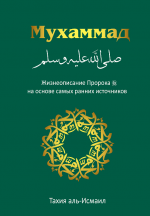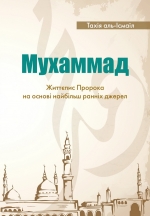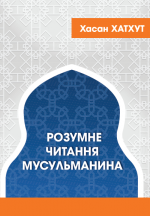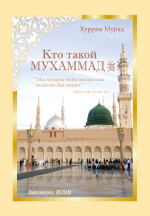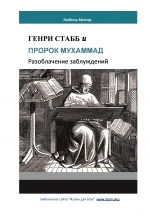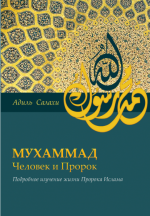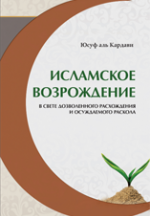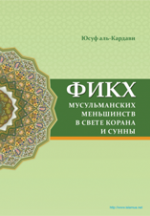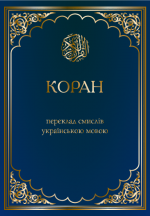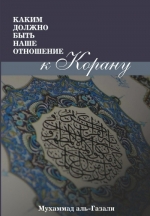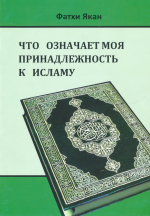"Halal" (from the Arabic “al-halal” – “permissible”) is a term that denotes what is canonically allowed for Muslims, whether it concerns a product or an action (even down to the method of processing).
In the fields of production and service, this term primarily applies to food products, cosmetics, perfumes, pharmaceuticals, and similar goods. In everyday usage—especially in non-Islamic countries—the word “halal” is most commonly associated with food products that are permissible for Muslims.
Halal implies:
- High quality and purity of raw materials;
- Absence of harmful preservatives and additives in food;
- Compliance with storage conditions and expiration dates;
- Safety and health benefits for consumers.
The use of this term is regulated by the international food standard Codex Alimentarius CAC/GL 24-1997, “General Guidelines for the Use of the Term 'HALAL’”, which covers its use in trademarks, brand names, and commercial labels, as well as its equivalent terms.
Muslim dietary rules are based on the Quran, the sayings and actions of the Prophet Muhammad (peace and blessings be upon him), as well as interpretations and rulings made by Muslim jurists based on the Quranic text and Hadiths.
Therefore, while for non-Muslim consumers halal compliance may simply reflect product quality, for believers it represents a whole system of values — first and foremost ethical, and then gastronomic.
To protect consumers from unscrupulous suppliers, Muslim communities have developed clear halal standards and established institutions that certify and monitor compliance with these standards.
The fatwa and Research Committee of the Religious Administration of Muslims of Ukraine “Umma”, pays special attention to monitoring certified enterprises, ensuring the safety of their products and their full compliance with all halal standards and requirements.
- 260 reads







